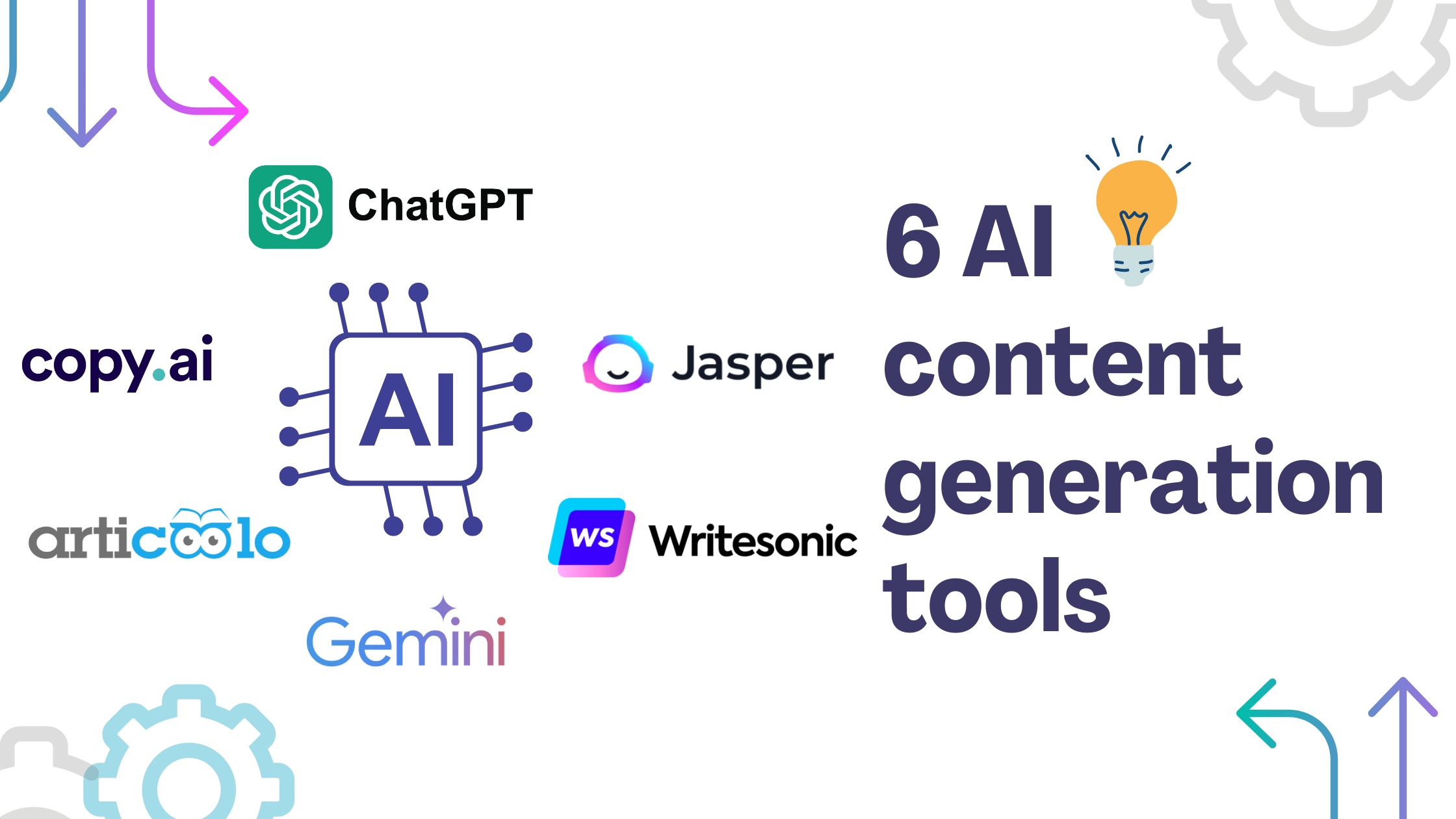Embracing generative AI: transforming accessibility and UX in 2024's marketing landscape
Generative AI is poised to change the marketing world in 2024, making digital experiences more accessible and user-friendly than ever before.

This year, the marketing landscape is on the brink of a significant transformation, driven by the integration of generative AI technologies. With 61.4% of marketing professionals already harnessing the power of AI tools, the focus shifts towards creating digital experiences that are not only innovative but also inclusively designed.
The introduction of generative AI into Digital Experience Platforms (DXPs) is set to enhance user experiences through co-pilots, content generation, and chat-UX features, alongside pioneering methods for intellectual property protection. Furthermore, this technological evolution offers a golden opportunity for AI innovators to foster a digitally inclusive environment.
The role of generative AI in advancing web accessibility cannot be overemphasized. The World Health Organization highlights that approximately 1.3 billion individuals face significant disabilities, presenting an urgent need for inclusive design practices in marketing.

Generative AI technologies promise to bridge this gap with features like alt texts, closed captioning, and screen readers, ensuring equitable web access. Additionally, these AI advancements support the B2B software sector by facilitating task automation and promoting employment opportunities for individuals with disabilities, underscoring a commitment to a more inclusive and equitable future.
Language and personalized content creation play crucial roles in engaging diverse and marginalized audiences. Tools like OpenAI's Sora exemplify how generative AI can change content creation and language translation, enhancing the personalization and accessibility of digital content.
As the industry moves towards a cookieless future, marketers must pivot towards transparent first-party data collection strategies. Generative AI tools will be instrumental in navigating these challenges, improving customer experiences through seamless data collection and engagement strategies.
Furthermore, the integration of generative AI in DXPs will redefine user experiences, emphasizing the importance of intellectual property protection and transparency. The adoption of generative AI will enable marketers to employ more effective data profiling strategies and foster a new era of digital experiences that prioritize inclusivity and accessibility.

5 generative AI tools
The quest for creating more inclusive and accessible content has led to the emergence of generative AI tools, each uniquely contributing to the tapestry of digital marketing innovations.
Firstly, OpenAI's Sora offers the ability to transform text into personalized video content with moving images. Tailored to meet the diverse needs of its users, Sora's pricing structure is as adaptable as its functionality, catering to both small projects and high-volume demands with custom plans. Currently accessible to only selected professionals, Sora will be available publicly this year with a possible price range of US$20-50 per month or US$0.01-0.10 per second of generated video.
Diving deeper into the realm of accessibility, AltTexter emerges as a tool in ensuring that visual content is inclusive to all web users. By generating descriptive alt texts for images, AltTexter breaks down barriers, making digital platforms a place where everyone can navigate with ease. Its subscription model, complete with a free trial and tiered options (bronze, silver, gold), ranges from US$5-49 per month or US$49-489 per year.
On the auditory front, CaptionAI champions the cause for the hearing-impaired community by providing automatic closed captioning for video content. This tool democratizes access to information, offering a spectrum of pricing options from a pro or max plan loaded with advanced features, ensuring that videos are not just seen but also understood by everyone.
In the quest to bridge the gap between the digital text and the spoken word, ReadSpeaker offers a solution. This advanced screen reading tool breathes life into written content, transforming it into natural-sounding speech. Customized pricing ensures that projects of all scopes and scales can benefit from its capabilities, making digital content audibly accessible to users with visual impairments. Currently pricing is disclosed by request and options range from subscription, license to pay-per-use.
Lastly, Google's Project Euphonia uses generative AI to enhance voice recognition technologies, specifically designed to understand diverse speech patterns, including those affected by disabilities like ALS or strokes. By tailoring its AI algorithms to learn from a wide range of speech samples, Project Euphonia is breaking down communication barriers, enabling individuals with speech impairments to interact more seamlessly with digital devices and, by extension, contribute more effectively within their professional environments.
By prioritizing inclusivity and leveraging AI for content creation and data collection, marketers can tap into previously untapped audience segments, fostering a more engaging and accessible digital landscape.
ContentGrow is a managed talent network for brands and publishers to work with high-quality freelance writers and journalists worldwide. Sign up to get started or book a discovery call to learn more.





